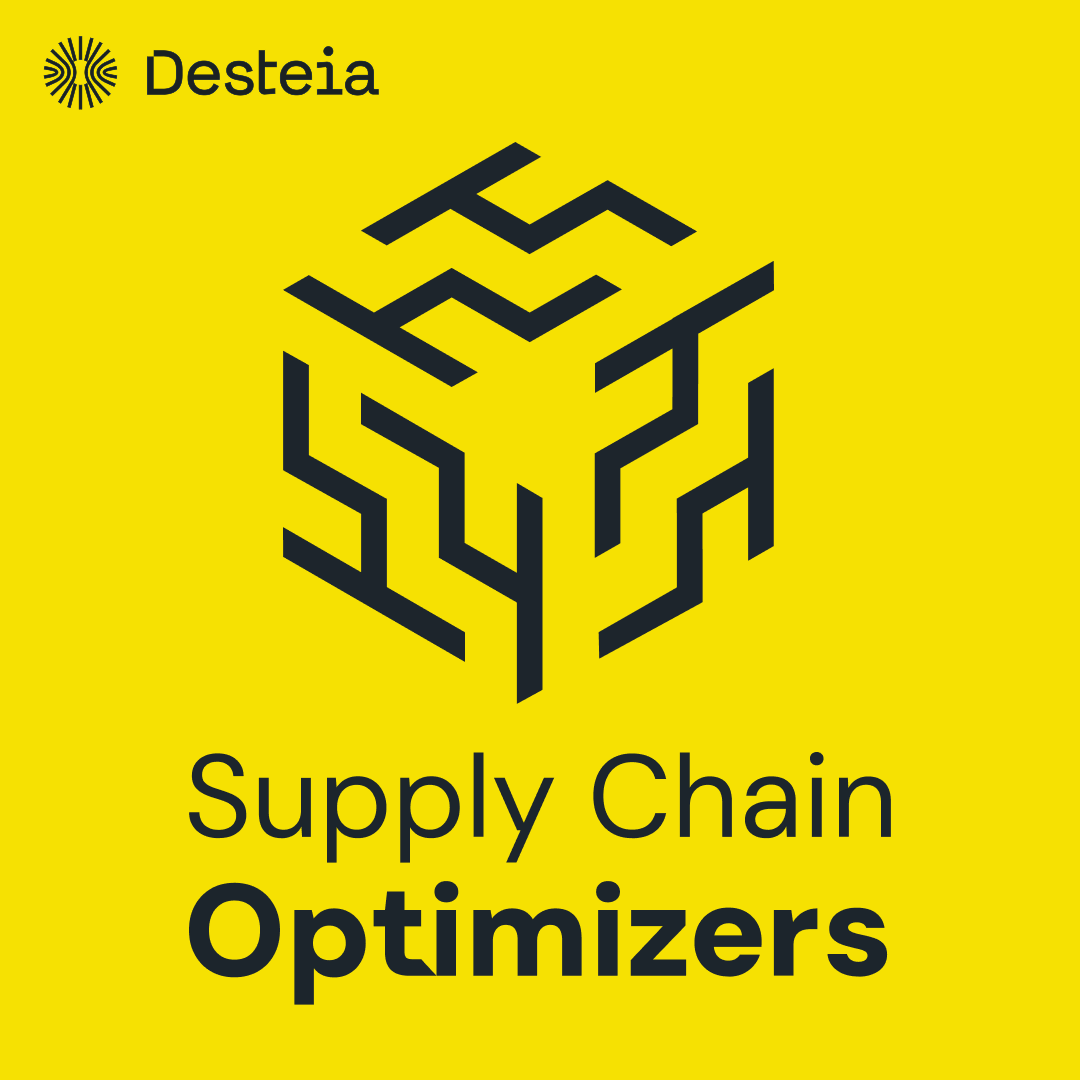Why Trade Compliance Fuels Growth, Not Friction
September 25, 2025

What if you could transform trade compliance from a business barrier into a strategic enabler?
Trade compliance is no longer just a regulatory hurdle; it’s becoming a driver of business growth. Host Diego Solorzano speaks with Diego Montemayor, Executive Director of Trade Compliance and Supply Chain Operations at Olympus Corporation of the Americas. Together, they explore how compliance can shift from a policing role to a strategic enabler by leveraging AI, automation, and robust program frameworks while adapting to global trade dynamics and emerging geopolitical shifts.
What if you could transform trade compliance from a business barrier into a strategic enabler?
Trade compliance is no longer just a regulatory hurdle; it’s becoming a driver of business growth. Host Diego Solorzano speaks with Diego Montemayor, Executive Director of Trade Compliance and Supply Chain Operations at Olympus Corporation of the Americas. Together, they explore how compliance can shift from a policing role to a strategic enabler by leveraging AI, automation, and robust program frameworks while adapting to global trade dynamics and emerging geopolitical shifts.
What you will learn:
- How to transform trade compliance from a "police" function to a strategic enabler
- Why data governance and data management are crucial for effective trade compliance
- The framework for building robust compliance programs
- How to leverage AI and automation while maintaining human oversight
- Why companies need distinct supply chain strategies for the US markets
- How to prepare for and successfully manage customs audits
- The emerging role of South Asian countries in reshaping global trade corridors
- Why early integration of trade compliance prevents costly complications
Diego Montemayor is Executive Director of Trade Compliance and Supply Chain Operations at Olympus Corporation of the Americas. With over a decade of experience spanning Thermo Fisher, CSL, and other global firms, he specialises in sanctions, customs, export controls, logistics, and supply chain design. Educated in foreign trade and customs in Mexico, Diego combines technical expertise with a passion for solving complex regulatory challenges, building resilient supply chains, and leveraging data-driven strategies to support sustainable business growth.
Key Highlights:
- 09:21 From Police to Business Enabler: Transforming Trade Compliance
Diego shares how trade compliance has evolved from being seen as the corporate police to becoming a strategic business enabler. Instead of just saying "no" to opportunities, modern trade compliance teams help companies navigate complex regulations to unlock new markets, like finding compliant ways to operate in heavily sanctioned regions. This shift requires compliance professionals to deeply understand business objectives and proactively propose solutions rather than simply enforcing rules. By positioning compliance as an enabler rather than a barrier, teams can help companies expand into new frontiers while managing risks effectively.
- 17:01 Leveraging Technology to Scale Compliance
Trade compliance teams are chronically understaffed yet face increasingly complex regulations, making technology adoption crucial for scaling operations. Modern tools for HS code classification, sanctions screening, and origin determination have become essential for companies operating across multiple countries. While AI shows promise in areas like custom rulings and initial classifications, human oversight remains critical for final decisions, given the high stakes of compliance errors.
- 27:42 Navigating the New Multi-Polar Trade Landscape
Companies are adapting to a fundamental shift in global trade dynamics, moving from US-centric to multi-polar power structures. This has led some organizations to develop separate supply chain strategies for the US markets versus the rest of the world. The rise of nearshoring in regions like Mexico faces new complications from evolving trade agreements and increased scrutiny of Chinese investments. South Asian countries are emerging as important alternative sourcing hubs as companies seek to diversify beyond China. These changes require companies to maintain flexibility in their strategic planning while working closely with compliance teams to navigate an increasingly complex regulatory environment.
- 39:04 Early Compliance Integration Drives Success
The most successful global companies integrate trade compliance considerations at the earliest stages of business planning rather than treating it as an afterthought. This proactive approach helps identify potential issues before significant resources are invested, whether in new market entry, supplier selection, or product development. For example, early compliance screening can reveal if potential business partners are sanctioned, preventing costly mistakes and legal issues. By making trade compliance a key stakeholder in strategic decisions, companies can better navigate regulatory complexities while maintaining business agility.
Episode Resources:
- Diego Montemayor on LinkedIn
- Olympus Corporation of the Americas Website
- Diego Solorzano on LinkedIn
- Desteia Website
- Supply Chain Optimizers on Apple Podcast
- Supply Chain Optimizers on Spotify
Supply Chain Optimizers is handcrafted by our friends over at: fame.so